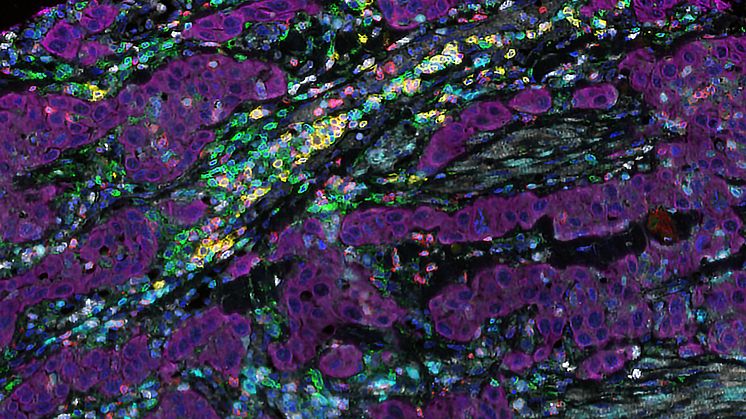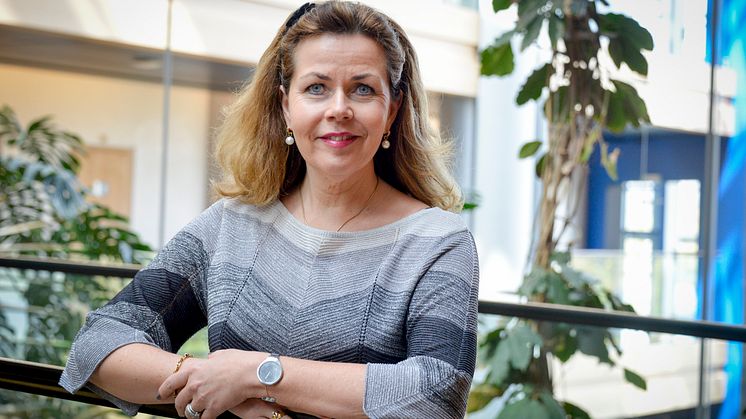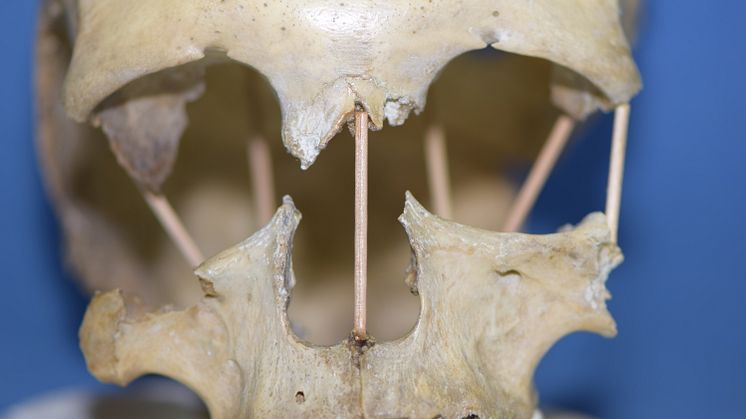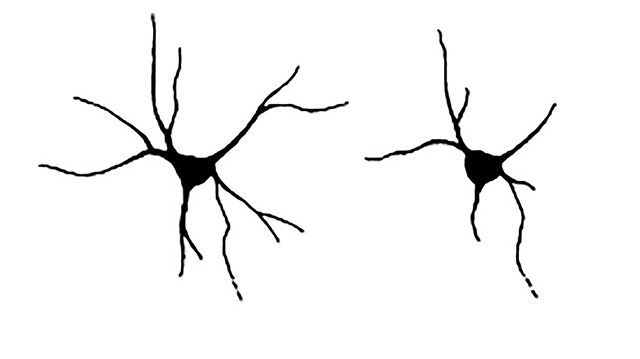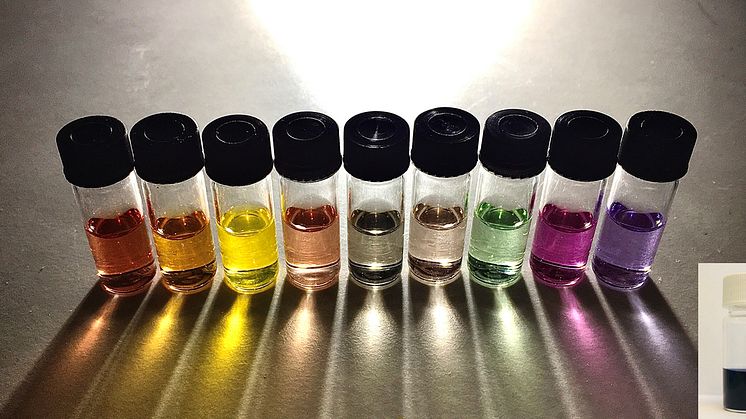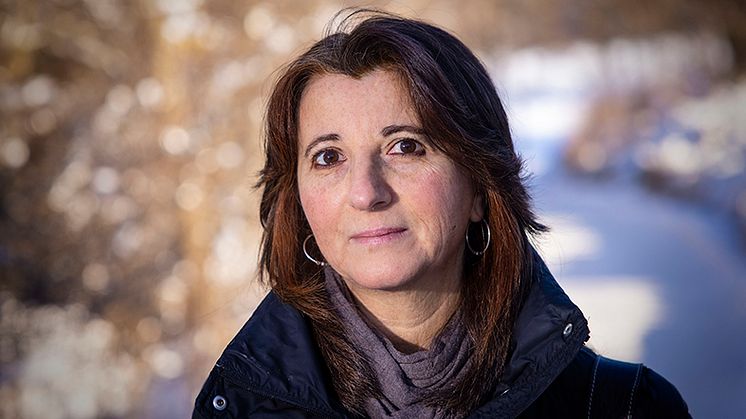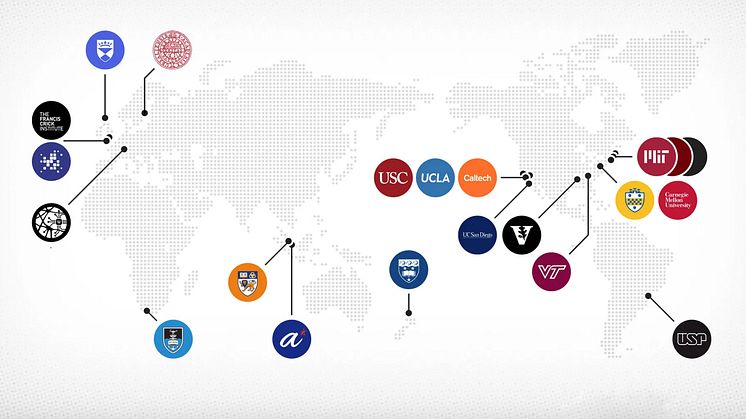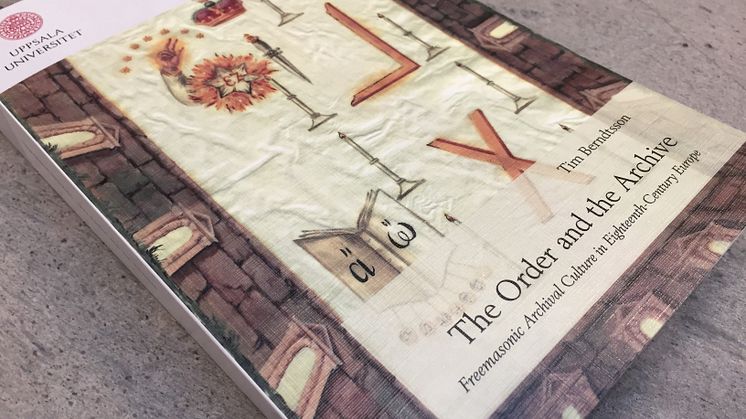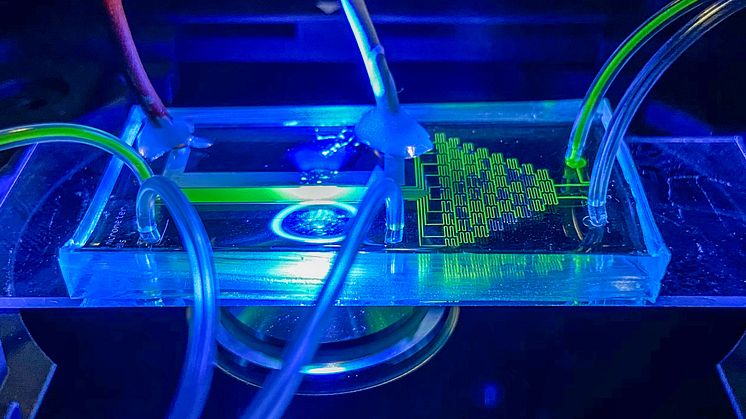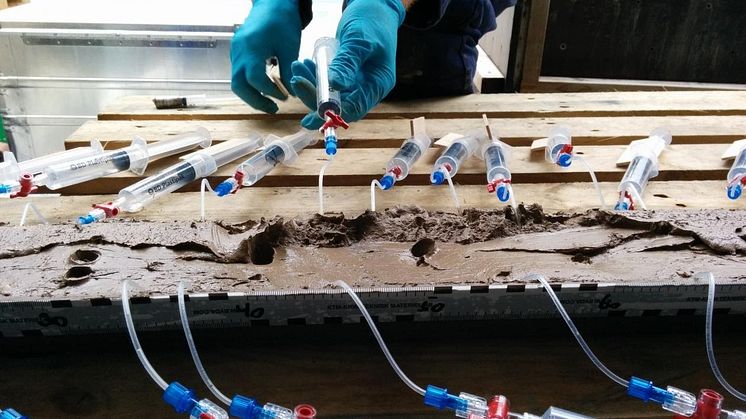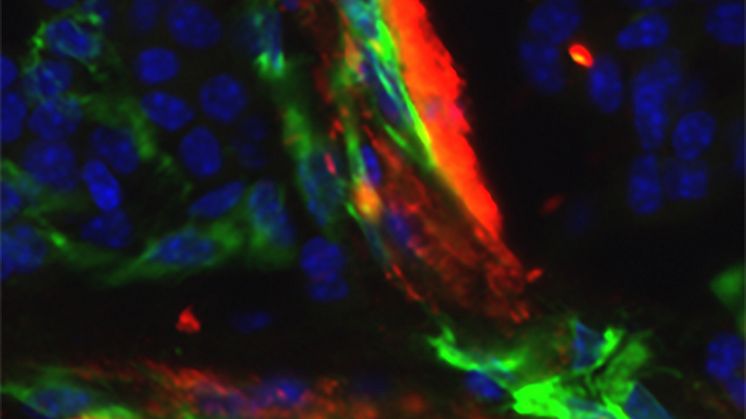New model aims to promote better-adapted bladder cancer treatment in the future
Uppsala University scientists have designed a new mouse model that facilitates study of factors contributing to the progression of human bladder cancer and of immune-system activation when the tumour is growing. Using this model, they have been able to study how proteins change before, while and after a tumour develops in the bladder wall. The study has now been published in PLOS ONE.
